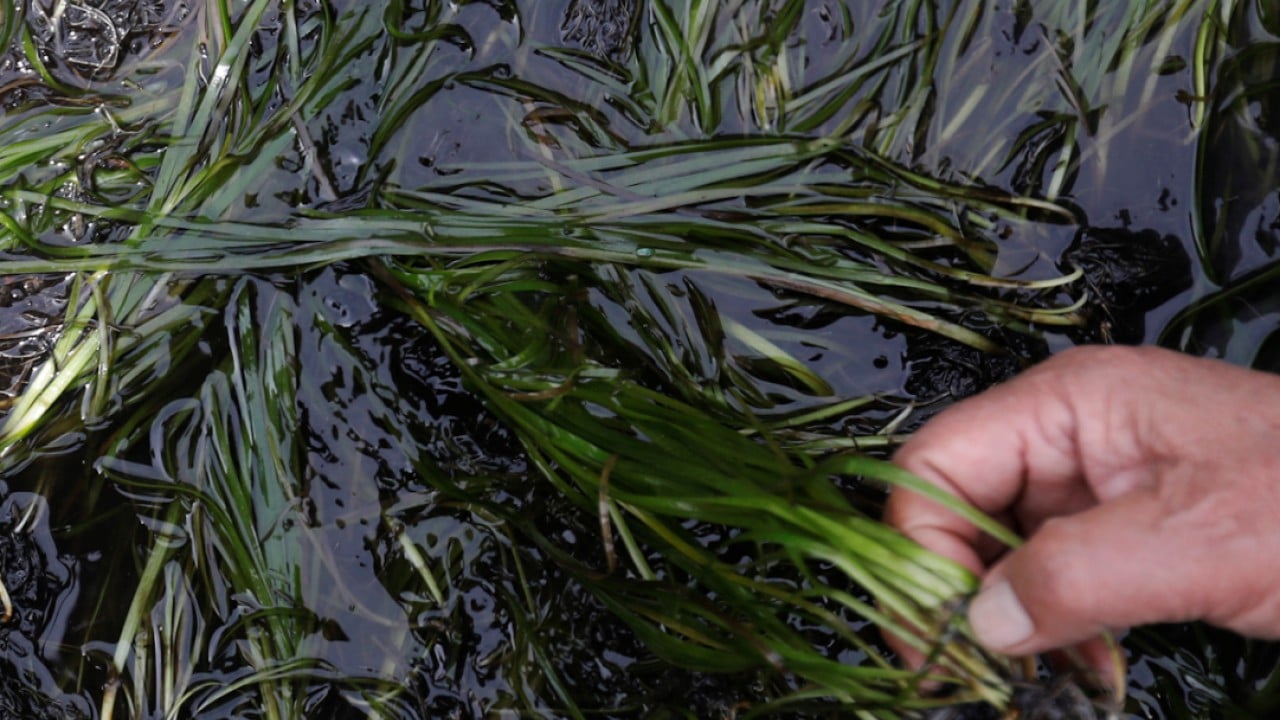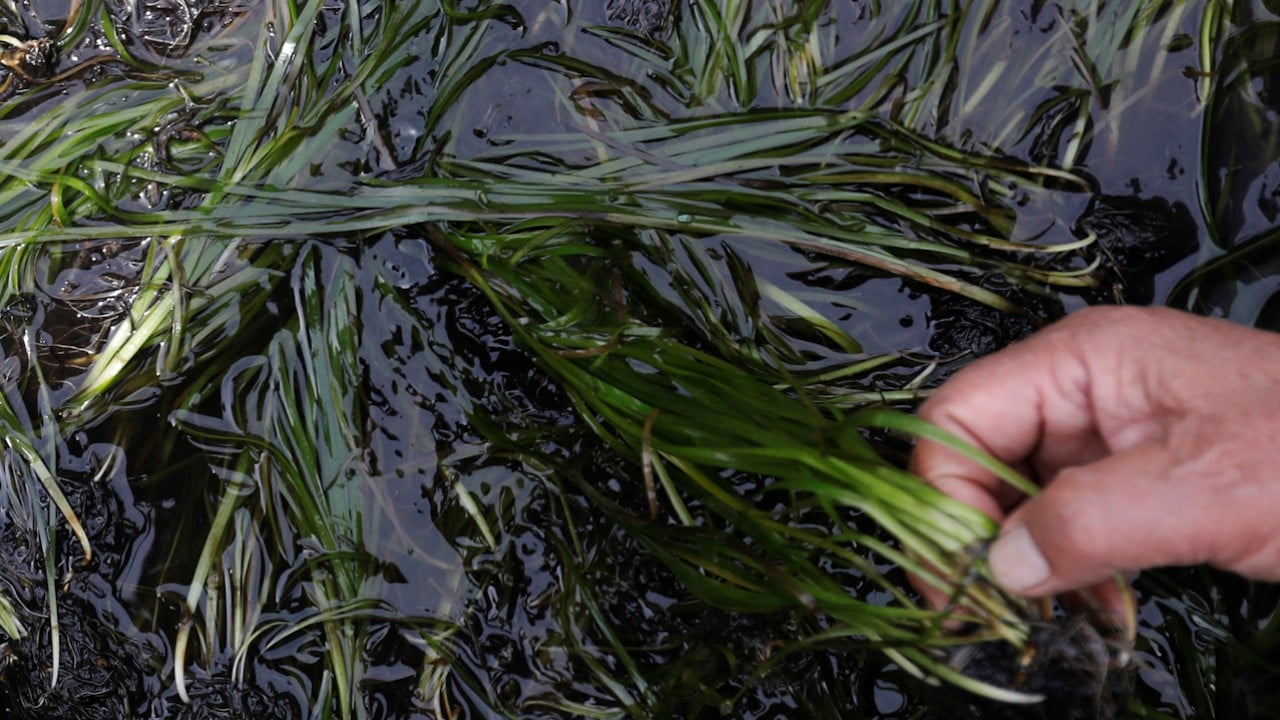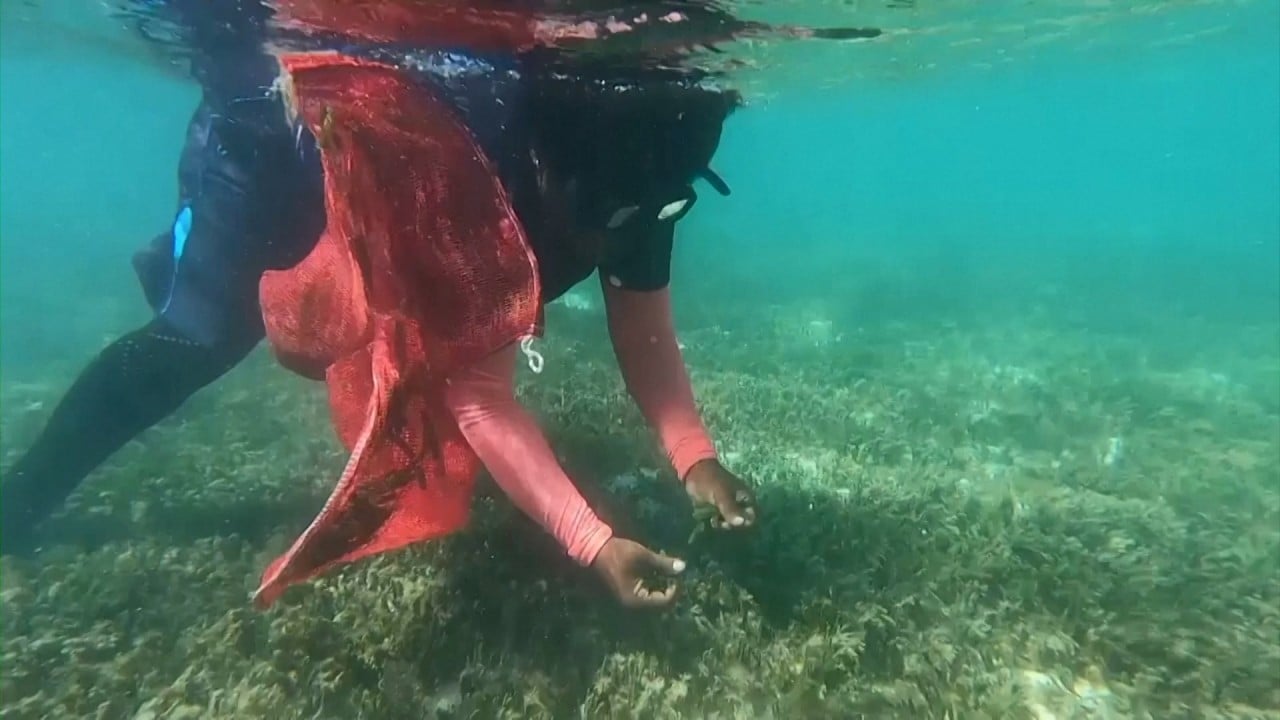Asia’s oceans face heatwaves of increasing frequency and intensity. These extreme events affect all marine life, creating a dangerous feedback loop that exacerbates the problem. Coral reefs, often called the rainforests of the sea, are particularly vulnerable.
In Indonesia’s West Nusa Tenggara province, a recent survey showed that up to 90 per cent of corals have experienced bleaching over the past four decades due to elevated temperatures. This devastation extends beyond corals, affecting the myriad species that depend on these complex ecosystems.
Oceans are the lifeblood of Asians. They are vital to food systems, provide livelihoods for millions and contribute significantly to the economy. According to the Food and Agriculture Organization (FAO), Asia is home to 85 per cent of the world’s fishing population and 71 per cent of the global fishing fleet.
Additionally, these vast bodies of water play a critical role in carbon storage, absorbing an estimated 30 per cent of human-made carbon dioxide emissions since the beginning of the industrial era.
There is an urgent need to protect Asia’s oceans from warming and its associated challenges. The consequences of inaction are severe, including the intensification of tropical cyclones.
A recent study revealed a significant increase in the destructive power of tropical cyclones across East and Southeast Asia between 1979 and 2016. Projections suggest a doubling of this destructive capacity in the Western North Pacific by the end of the century due to ocean heatwaves.

There is no more effective solution than accelerating global efforts to reduce greenhouse gas emissions. The transition to renewable energy is essential and countries such as China and Japan are leading the way.
China added nearly 350 gigawatts of renewable capacity last year, surpassing half of the global total while Japan’s plan to phase out 100 inefficient coal plants by 2030 is a step in the right direction.
While emissions reduction is crucial, we must also focus on strengthening ecosystem resilience, which provides the best chance of survival for environments and their inhabitants in warmer seas.
The hazards of marine heatwaves can be reduced by taking steps such as cutting back on pollution and preserving more habitats like kelp beds and seagrass meadows, which hold enormous amounts of carbon.
Indonesia has taken a progressive approach, as evidenced by its Seagrass Blue Carbon Mitigation Action Profile, which pledges to preserve its seagrass meadows to support significant carbon emission reductions by 2030.
To mitigate the risks of marine heatwaves, accurate forecasting is paramount. Given the complex nature of marine ecosystems and the far-reaching impact of these events on natural habitats and human societies, comprehensive understanding is crucial.
To this end, further research in marine heatwave science is imperative. This research should collect data on temperature, currents, salinity, pH levels and biodiversity. Moreover, the effects of heatwaves on factors such as food availability, ocean currents, chemistry and penetration depth must be investigated to refine forecasting models.
China, for instance, recently launched a domestically developed marine heatwave forecasting system and plans to introduce monthly and quarterly forecasts. Additionally, China is establishing a collaborative platform with experts from France, the United States, Australia, Japan and Southeast Asia to investigate marine heatwave predictability and impact.
As we work to understand and predict these events, we must not forget the human element. Educating coastal communities about the risks of marine heatwaves and providing them with resources to adapt their livelihoods can help minimise the economic impact.
This includes financial support. India’s National Adaptation Fund for Climate Change allocates resources to help coastal communities adapt to changing ocean conditions. Expanding such programmes across Asia could provide a crucial safety net for vulnerable populations.
The private sector also has a crucial role to play. Companies operating in coastal areas or relying on marine resources must recognise the risks posed by ocean warming and reduce their environmental impact.
The Asia Sustainable Finance Initiative, a Singapore WWF-incubated multi-stakeholder forum, for instance, which brings together financial institutions to promote sustainable business practices, could be a platform to engage the private sector in ocean conservation.
The decisions we make today will shape the future of our oceans for generations to come. By taking decisive action – from reducing emissions and protecting marine habitats to investing in research and supporting vulnerable communities – we can turn the tide on ocean warming and ensure a sustainable future for Asia’s seas and the billions of people who depend on them.
Mohammad Yunus is an independent researcher currently pursuing a master’s degree in biological sciences at Khon Kaen University, Thailand




